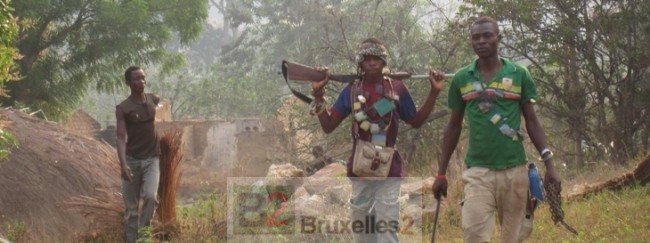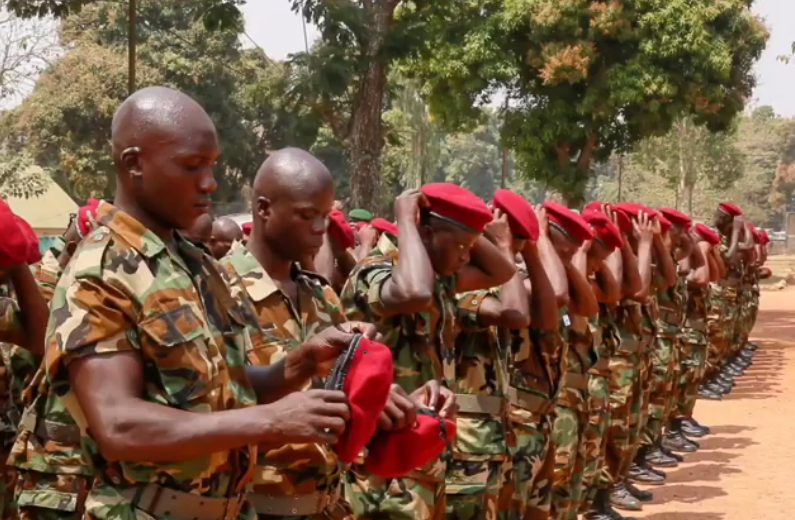Ethnic cleansing is looming, accuses Amnesty International. International Forces Accused

(BRUSSELS2) Amnesty International denounces in a report published today a rule of "ethnic cleansing" and inter-religious violence "taking place in the west of the Central African Republic. " International peacekeeping force soldiers fail to prevent ethnic cleansing of Muslim civilians ».
ethnic cleansing
« Anti-balaka militias carry out violent attacks in an attempt to ethnically cleanse Muslims in the Central African Republic says Joanne Mariner, Amnesty International's Crisis Adviser. “We are witnessing an unprecedented exodus of Muslims. »
Hundreds of testimonials
The NGO relies on more than a hundred first-hand accounts of large-scale anti-balaka attacks against Muslim civilians in the northern towns of Bouali, Boyali, Bossembélé, Bossemptélé and Baoro. -western Central African Republic. International troops were not deployed in these towns, leaving civilians unprotected. The deadliest attack recorded by Amnesty International took place on 18 January in Bossemptélé. It claimed more than 100 victims among the Muslim population, including women and old people, including an imam of around 75 years old. To escape the madness of the anti-balaka, in many towns and villages the entire Muslim population has fled, while elsewhere those who remain are taking refuge in and around churches and mosques.
Seleka and anti-balaka compete in ferocity
«When the Seleka withdrew, international forces let anti-balaka militias take control of the country, town after town. The violence and forced eviction of Muslim communities were predictable. The declining power of the Seleka forces did nothing to lessen their brutality when they withdrew. Even with severely constrained movement capacity and operational means, Seleka members continued violent attacks on Christian civilians and their property. Armed members of Muslim communities, acting independently or alongside the Seleka, have also carried out large-scale attacks against Christian civilians. »
The international force is not doing enough
For the NGO, the response of the international community is " too timid ". International peacekeeping troops show themselves reluctant to deal with anti-balaka militias and not responsive enough to protect the threatened Muslim minority”. For Donatella Rovera, “international peacekeeping troops failed to stop the violence. (...) They consented to this in some cases, leaving the anti-balaka militias to fill the power vacuum created by the departure of the Seleka »
It's urgent...
« The urgency of the situation requires an immediate response - explains Joanne Mariner. “It is time for the peacekeeping operation in the Central African Republic to protect the civilian population, deploy in areas at risk and stop this mass exodus. »
Comment: the NGO is playing its part by sounding the alarm. It would, however, be more credible if it were addressed to those in charge rather than to lamplighters. If the troops on the ground can, if necessary, be called into question, those who far from the field, delay, drag their feet, always inventing a good quibble, to push back for one or two days, one or two weeks the operation should also be held accountable. Paper to follow: And meanwhile... the Europeans are dawdling

